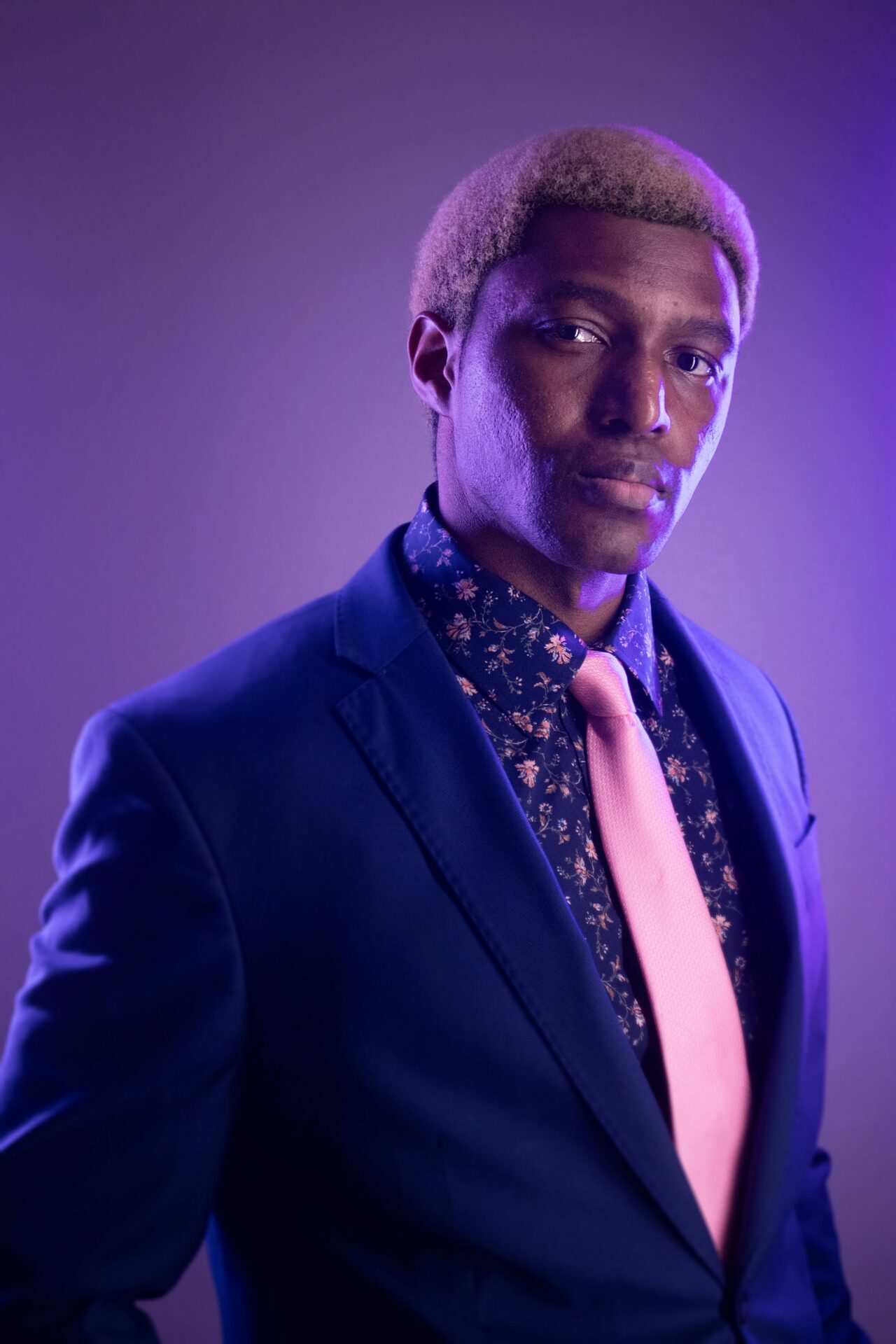We recently connected with Rodney (RJ) Hooks and have shared our conversation below.
Hi Rodney (RJ), thank you for joining us today and sharing your experiences and acquired wisdom with us. Burnout is a huge topic these days and so we’d love to kick things off by discussing your thoughts on overcoming or avoiding burnout
As a content creator who is known for his consistent quality and his detailed edits, people are often worried about my well-being. But that’s the thing – I’m constantly putting out quality content yet I’m still here and loving it! I’ve been learning and practicing how to prevent burnout for the past decade and it’s been a journey of self-discovery. boundaries, and adaptation.
My videography and photography journeys started around 2010. Prior, I used to draw, but I lost that skill. I was unaware that I had anxiety. I didn’t understand how debilitating perfectionism was. I was unforgiving. Eventually, after a series of events, I stopped drawing. A passion that I had for years caused me too much mental pain. I believe this was my first severe instance of burnout. However, this made room for my shift into photography, video, and editing. And I’ve strived to make sure that these passions never die out.
Learning my limits was the first and most important part of avoiding future burnout. I learned about my anxiety and depression, which was definitely helpful, but I really started to focus on my wants and needs. Do I WANT to accept this job? Does this project HAVE to be so tedious? Do I CARE about the content that other people want from me, or do I want to focus on what makes my online experience enjoyable? As I questioned myself more and more, I began to make decisions based on mental fatigue, not just on “Can I physically do it?” I prioritized being happy with my work over fame or money. It was and still is the slow path, but I have comfort knowing that everything I have built so far is from joy and genuine excitement. I don’t view my content with disgust or apprehension. Unfortunately, I see a lot of content creators who look at their work and feel negative emotions. They do what they think people want them to do, they constantly exhaust themselves beyond recovery, and they lose that spark. So while I do have an abnormally high tolerance, both mentally and physically (which can concern people who don’t understand my tolerance), I still honor my boundaries, and call it quits or adapt when things start to become too much.
Honoring your boundaries looks like canceling the shoot that you’ve planned for weeks and acknowledging that you’re one inconvenience away from having a major breakdown. Honoring your boundaries looks like declining tens, hundreds, or thousands of requests for a video idea, knowing that you truly have no excitement for it, and you could use that energy to to create something that invigorates you. Honoring your boundaries looks like constantly checking in with yourself and making changes to your schedule accordingly. Some months you can work 40 hours a week and make content another 40. Sometimes, all you can do is get up, work, and go to bed. But you never force “consistency” because that consistency does not align with the fluctuations of your life.
I’ve learned that consistency can be a trap for many people. People want to maintain a schedule, not because it is the healthiest option, but because it seems* like the right thing to do. Society and hustle culture overemphasizes repetition and strictness, however, the cure to burnout, or even preventing burnout, is change. If I’m in a state of constant stress and fatigue (burnout), no amount of rest will help. I adapt and figure out which areas of my life can become less taxing. Can I pinpoint and alleviate the source of excess stress at my job? Can I slow down my content creation? Should I spend more money on eating out so that I can have more time to clean and organize? Similarly, I make changes to my content creation schedule based on my current environment and lifestyle. In the colder months, I’ll plan fewer outdoor and daytime shoots, and focus more on indoor, darker-themed shoots. The characters that I cosplay are often based on my current hairstyle, which makes planning more efficient. I even rotate between easy, medium, and difficult videos depending on my overall energy levels to maintain a sense of balance. The average person just sees that I uploaded something, but one day a video could have taken 24 hours to complete, while the next day, a video may have taken 30 minutes to create. When you truly begin to listen to your mind and body, and act accordingly, preventing burnout becomes much more possible. If you prevent burnout, then you don’t need to worry about overcoming it.
Great, so let’s take a few minutes and cover your story. What should folks know about you and what you do?
Currently, the easiest way to describe “me” is that I’m a cosplayer, however, anyone who watches my content knows that it’s a bit more involved that! I love combining my life experiences, using martial arts, acting, fashion, linguistics, and more, to bring anime to life, while also incorporating the production value and vision that I’ve gained from being a photographer and videographer. I enjoy cosplaying characters who wear suits – Lupin III, Leorio, Reigen, etc. My most popular cosplay is Nanami Kento from the series Jujutsu Kaisen. It’s exciting to blend the “minimalism” of characters with simpler outfits and practical effects, while also nitpicking at details that other people may miss and exploring the range of a character’s emotions and physical feats. I value both having multiple interests and my ability to adapt, and I think these are displayed with how I portray each cosplay. Unfortunately, that comes with having difficulties when trying to nail down a “brand” or a “theme. This year, I’m slowly trying to see if I can push my cosplay, editing, and content creation, to make a career (or at least a side hustle) out of it. “How can I healthily continue my passion while also being able to genuinely market myself?” Longevity is the goal!
If you had to pick three qualities that are most important to develop, which three would you say matter most?
Self-acceptance, art, curiosity.
Body positivity and having high self-esteem are great, but I think learning to accept yourself, the good and the bad, goes a long way. Trolls hurt less when they make fun of something that may be true, but you’ve already accepted. The “low views” or “low engagement” are no longer reflections of your self-worth or the quality of your content when you’ve already acknowledged your own value.
I was privileged to have taken martial arts lessons, art lessons, and music lessons as a child. While I don’t think any nor all of these are necessary, exposing yourself to some form of art is life-changing. You look at the world differently and become more creative and successful. Even if you don’t become a famous musician, a professional dancer, or the next big movie star, art is a precious experience and an important tool for everyone.
Having a fear of failure is common. I still deal with it every day. Despite that fear, I take baby steps. I try not to let it stop me from exploring new ideas. I watch tutorials, ask people for help, and read up on different techniques to improve my filming, cosplays, and overall well-being. It’s OK to grow and to change.
All the wisdom you’ve shared today is sincerely appreciated. Before we go, can you tell us about the main challenge you are currently facing?
Full transparency – Life is exhausting. I think my biggest hurdle right now is mental. I’m afraid of not being able to sustain myself. I’m afraid of always being tired. I’m afraid of having to work a job that I don’t want to do, and how that will impact my mental health. This all trickles down and affects the content I create and how I push myself. But I do actively work on it. I’m trying to better my friendships and community. I had some therapy (and would like to go back!). I’m reenvisioning what happiness looks like. The “baby steps” and curiosity that I mentioned are not only how I treat my content, but they’re a reflection of how I’m slowly improving my life, too. Being a content creator is much bigger than just making content. While I don’t always talk about it publicly, I do juggle a lot of mental/emotional work as well. The internal work is just as important as putting out a video.
Contact Info:
- Instagram: https://www.instagram.com/rj_hooks/
- Youtube: https://www.youtube.com/@rj_hooks
- Other: Tiktok: https://www.tiktok.com/@rj_hooks Pinterest: https://www.pinterest.com/rj_hooks/
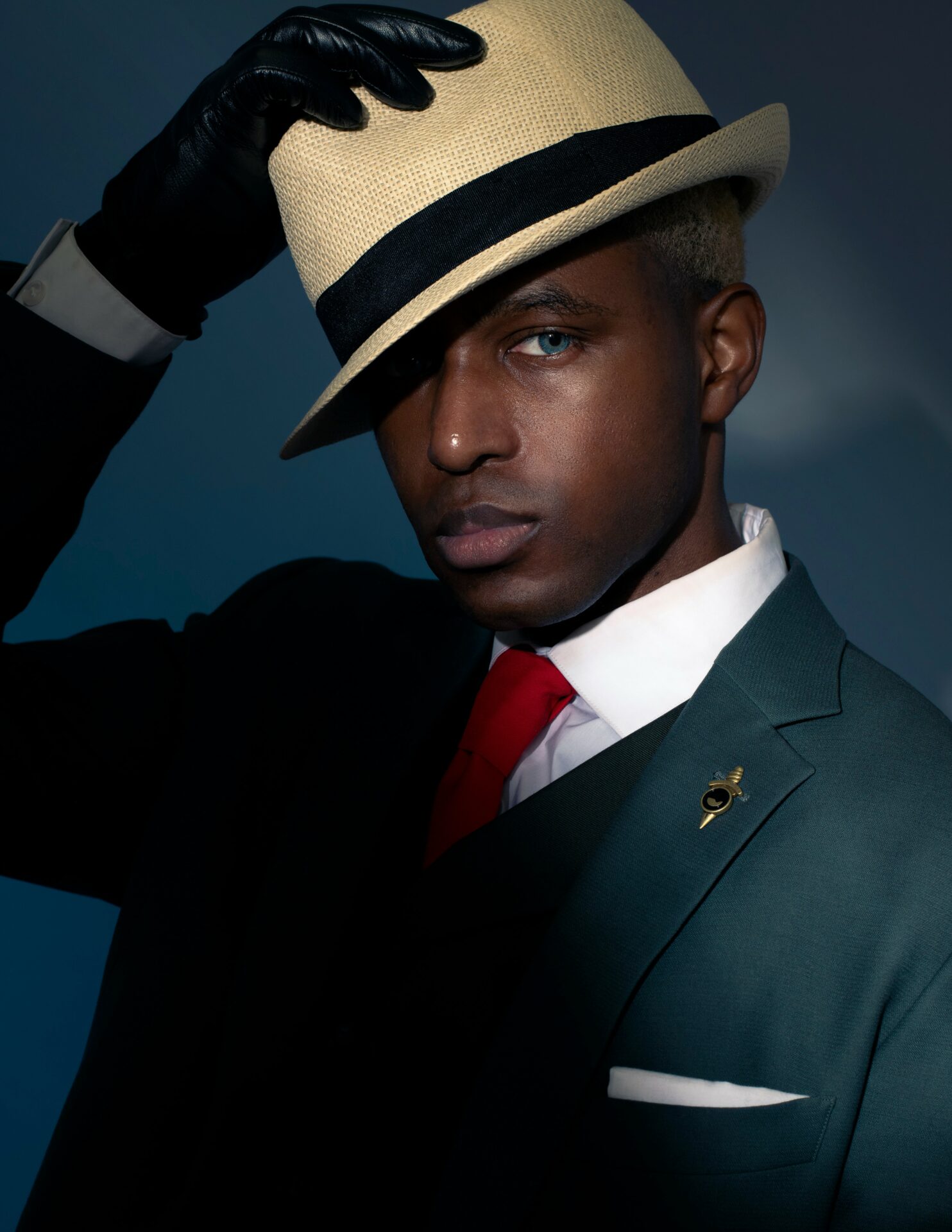
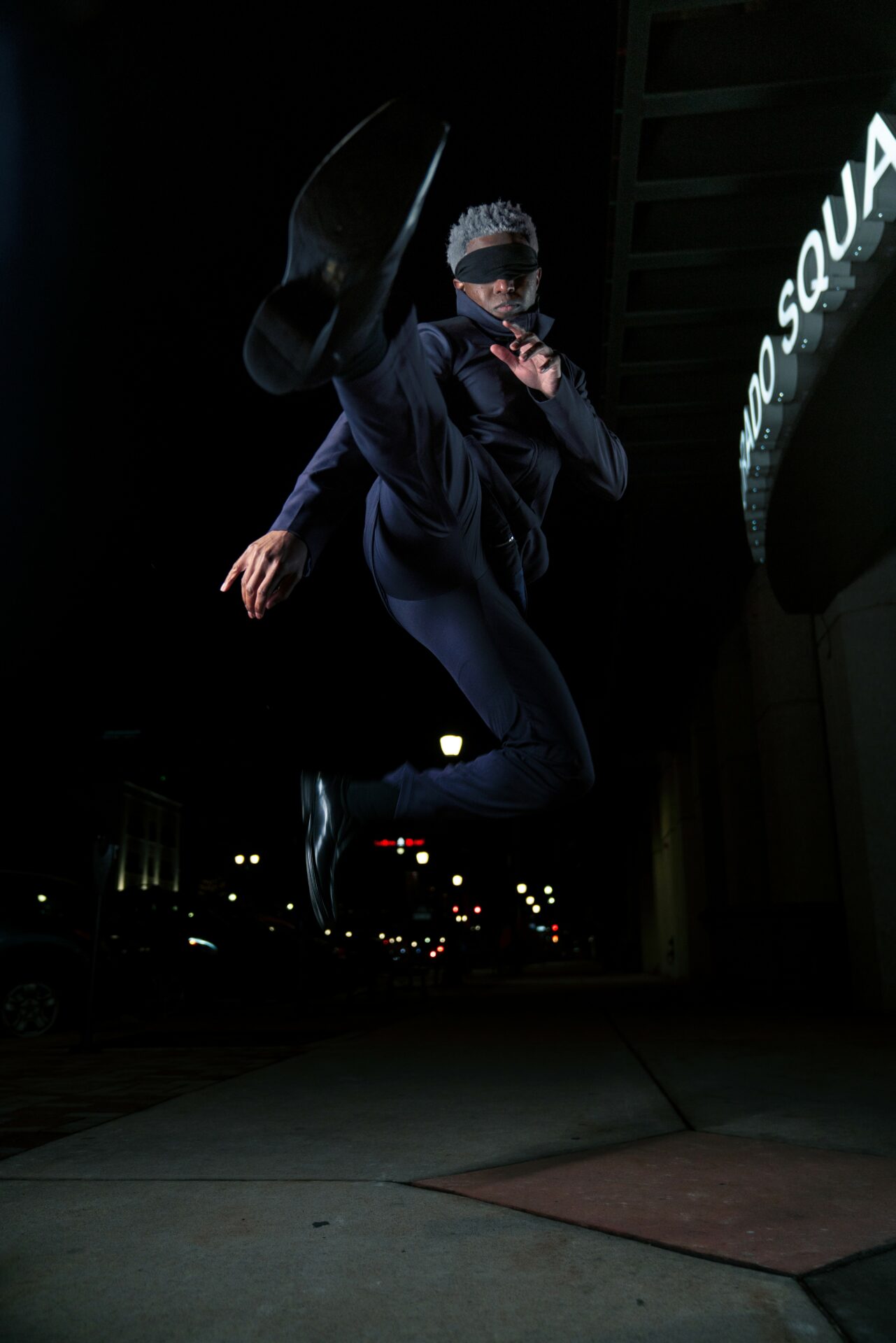
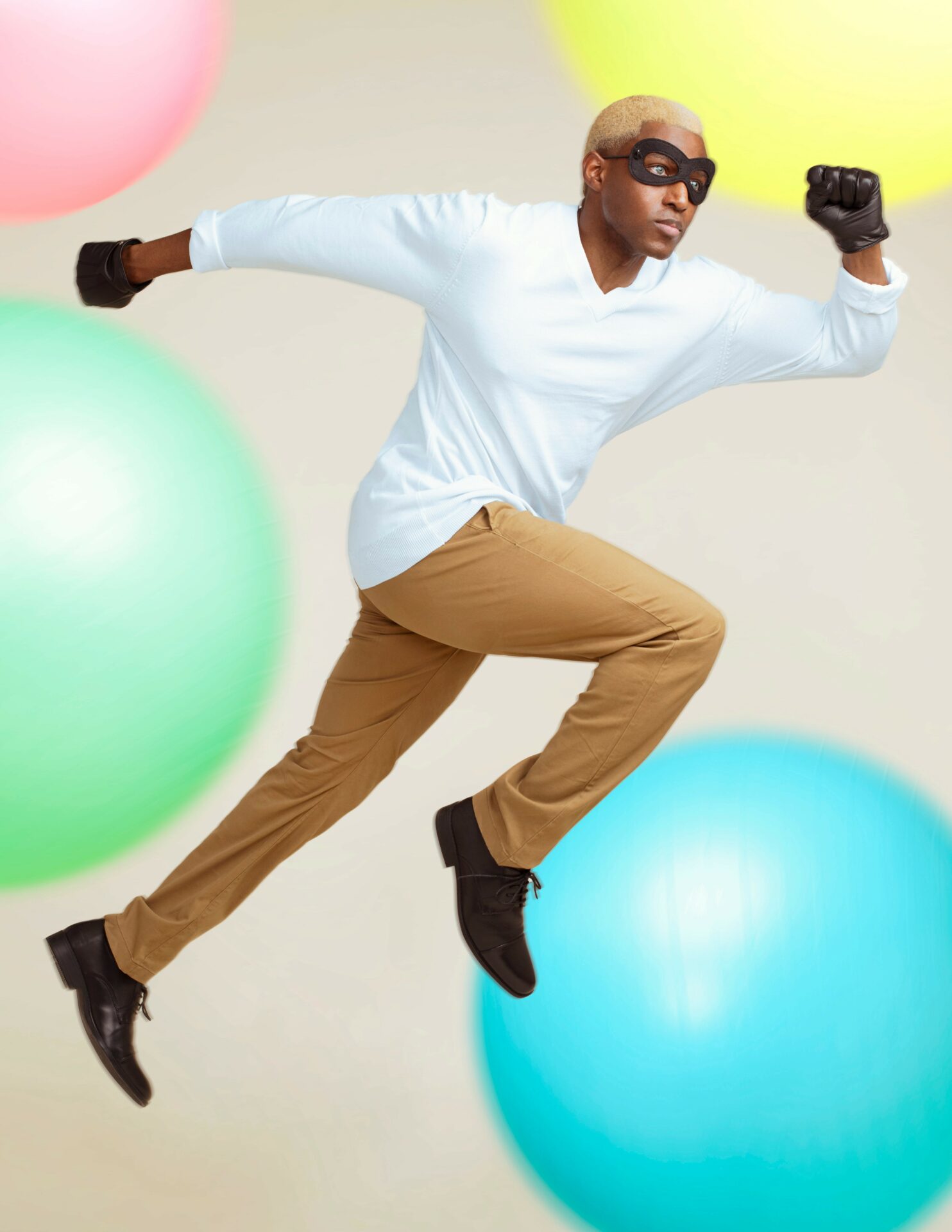
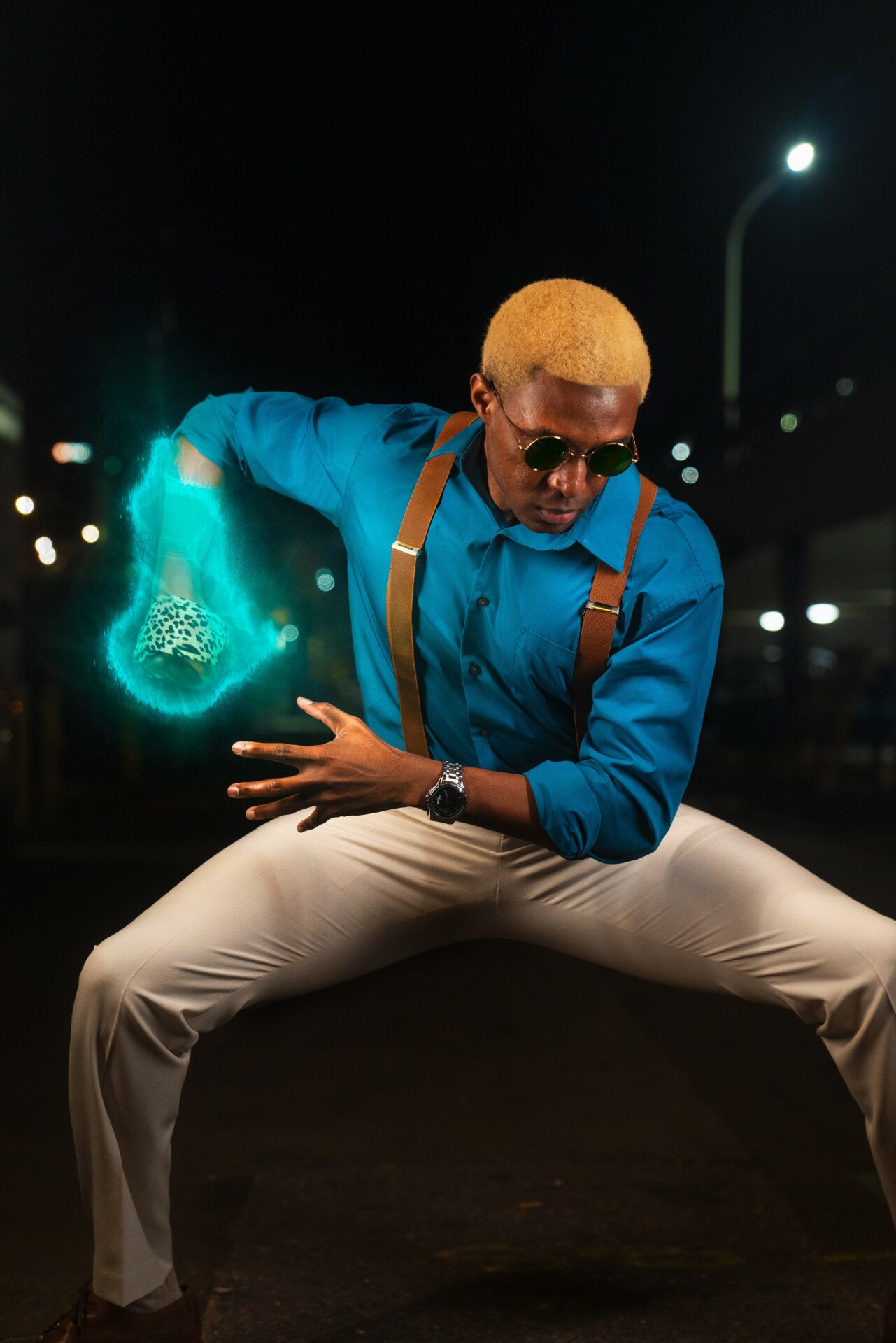
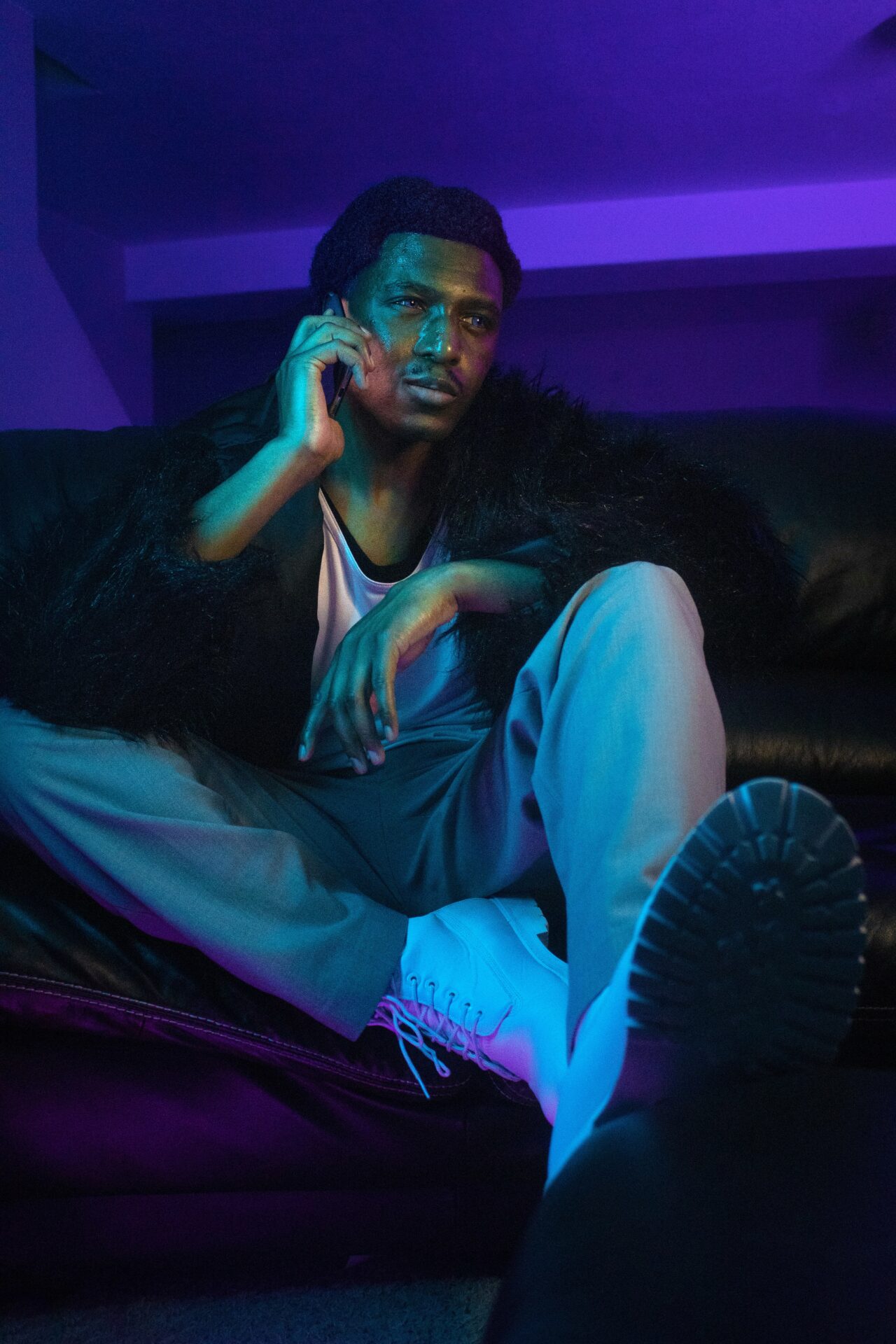
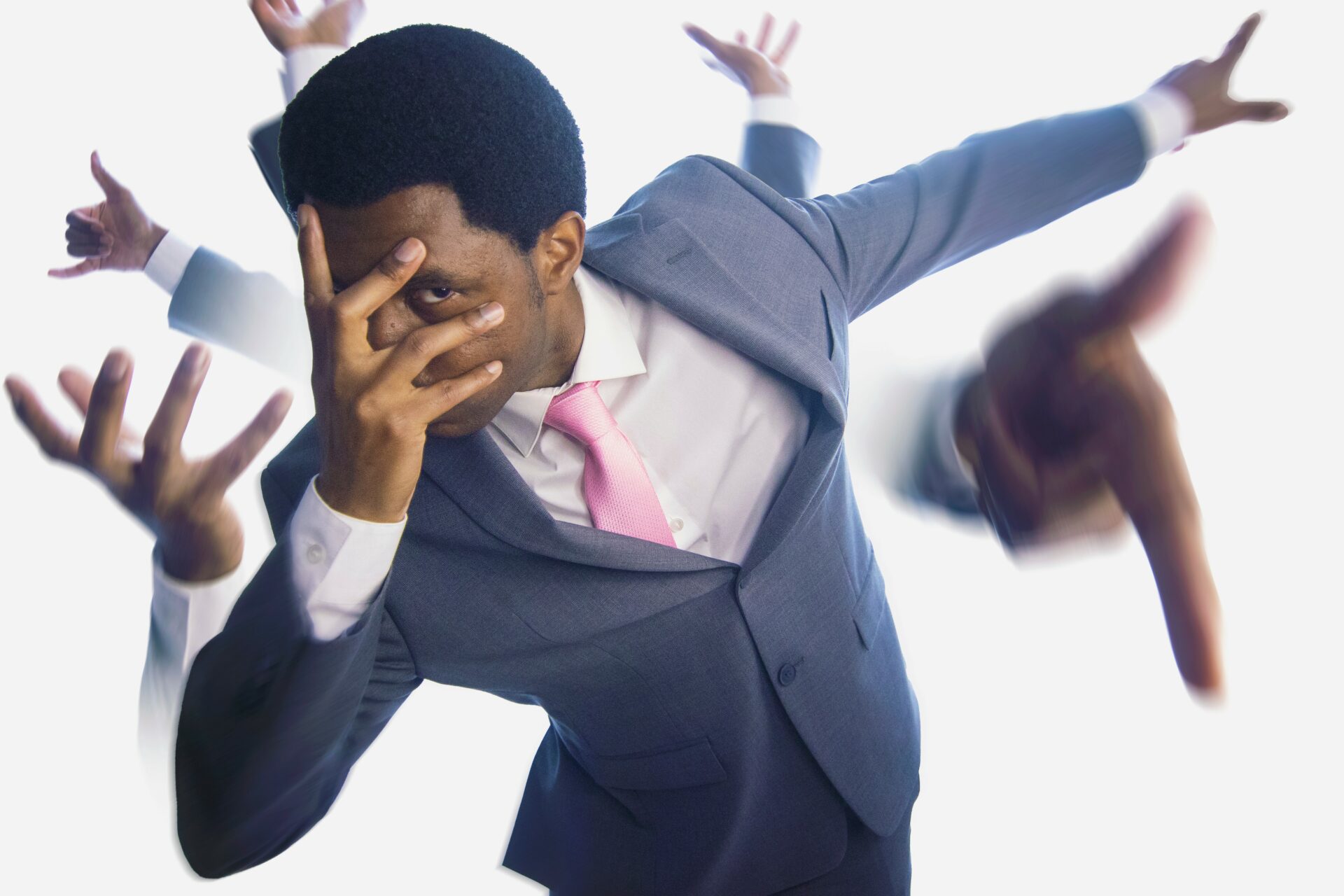

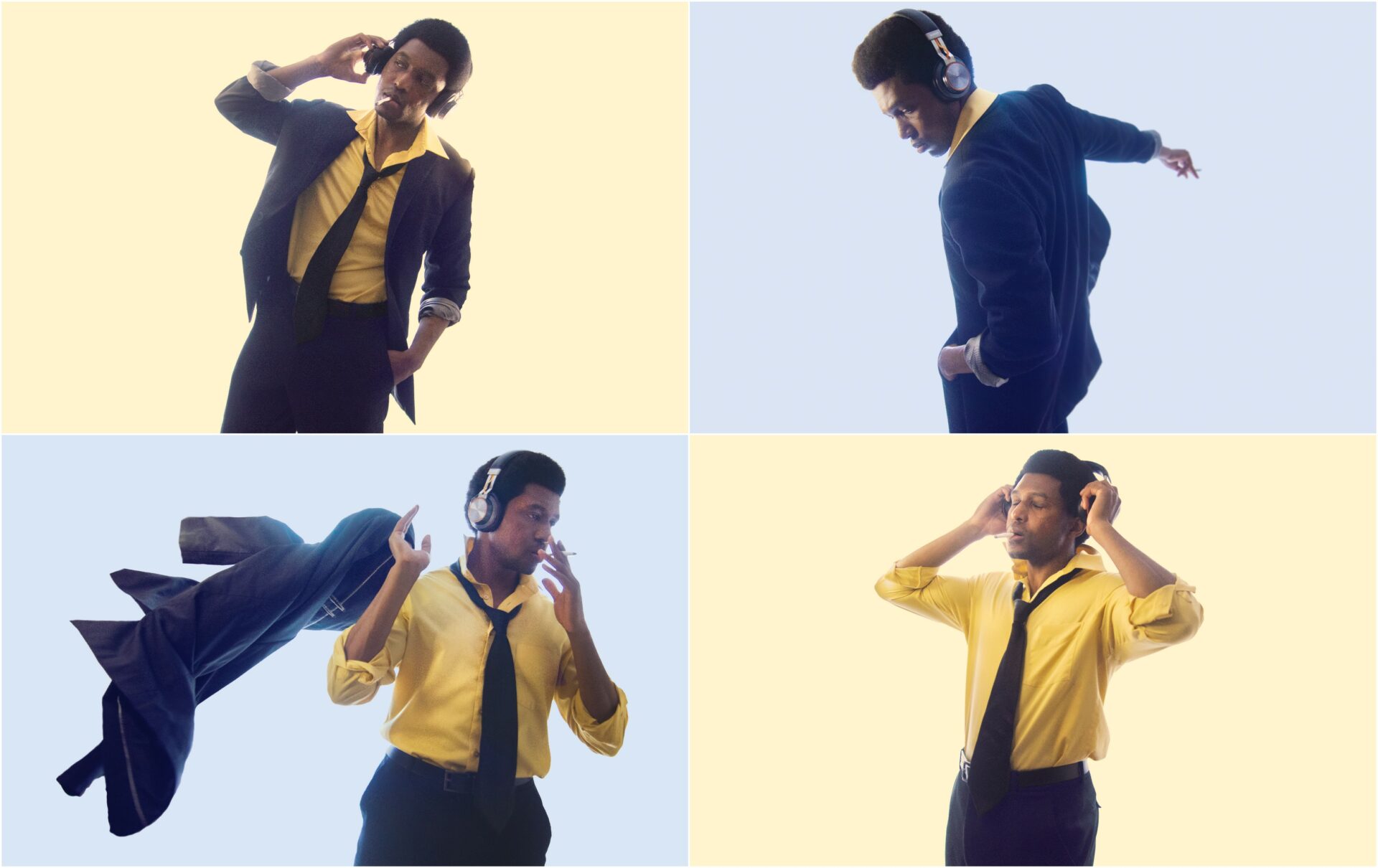
Image Credits
Images 1,8: Russell Klimas, @lightnlense Images 4,5: Colleen C, @colleencphoto

